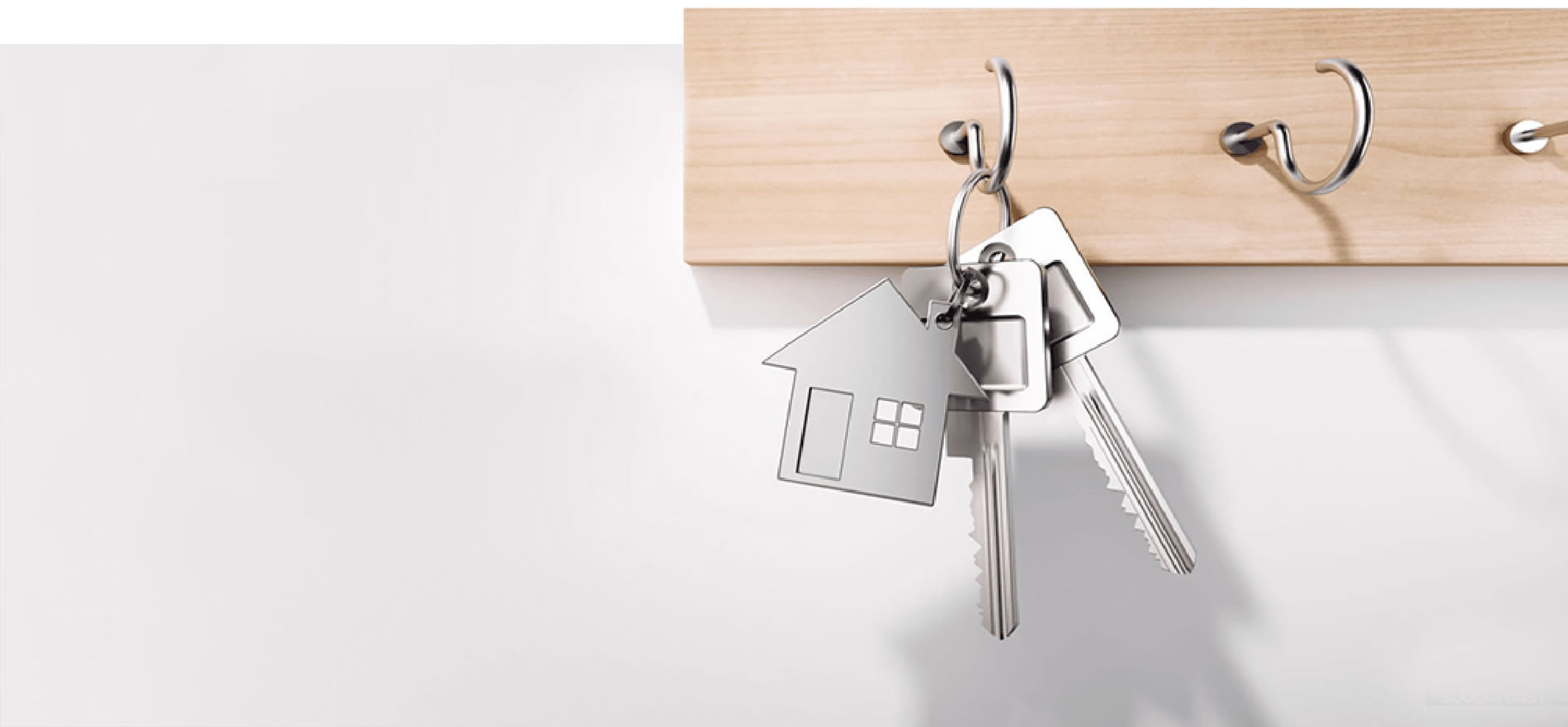We are there for you when it matters the most
Dealing with a property in probate can be a complex, time consuming and emotionally difficult period. Our team of experienced valuers and branch owners will work with you to reduce the stress and worry. Below are some useful points to help you understand the process and terminology should you be new to this experience:
Probate Valuations – Common Queries Explained:
1. I am an Executor in an estate. Will I need Probate to sell the Property?
All assets which were held in the deceased’s sole name will be ‘frozen’ after death, until a Grant of Probate has been obtained.
The word Probate means ‘proving’, as it involves proving that the Will in the Executor’s possession is the last Will of the deceased. Probate is an order of the Court officially granting the Executor the power to administer the estate. If the deceased did not leave a Will, then the Court will appoint an administrator, usually the deceased’s closest relative.
Once a Grant of Probate (or Grant of Letters of Administration) has been issued, the Executor or Administrator will be able to sell the deceased property.
2. How long should Probate take?
The administration of an estate can often be a straightforward process but sometimes it can be more complex and often time consuming.
It can be difficult to predict how long the process will take. A Grant of Probate is usually issued within about three weeks from the date the Probate Registry receive the application papers.
This is providing that all Inheritance Tax (IHT) has been paid before the application is submitted. Paying the IHT before the Grant has been issued can cause problems, as the Executor usually cannot access the deceased’s assets to pay the tax. However HM Revenue & Customs will usually agree that IHT on the property can be paid in instalments, until the property is sold.
Obtaining the various valuations of the deceased’s estate prior to submitting the application for Probate can however take some time. It is therefore not uncommon for a Grant of Probate to take up to six months from the date of death and longer in more complex cases.
3. What needs valuing and why?
All of the assets and liabilities in the deceased’s estate will need to be valued as at the date of death, in order to work out if the estate will be chargeable to IHT and if so, how much IHT will need to be paid.
This includes cash in bank accounts, investments, life policies, personal effect and property. The Executors are unable to arrange the affairs of the deceased until probate has been granted.
Commonly valuations are needed for property and personal effects (known as chattels), particularly where the property is going to be sold, rather than passing to a surviving spouse.
4. Do I need a formal valuation and who should do it?
Valuations for ‘Capital Gains Tax & Inheritance Tax purposes’ can be carried out by the Executor/Administrators who can provide their opinion of the value of the property.
However lay Executors/Administrators are usually not experienced enough to give an accurate figure. A qualified Chartered Surveyor can provide a formal valuation, providing they are accredited by the Valuer Registration Scheme (VRS).
It is always advisable to appoint a qualified Chartered Surveyor to ensure that the property is not overvalued and unnecessary IHT being paid as a result.
If the valuation is too low the District Valuer can question the figure which must be defended by the person that provided it. HM Revenue & Customs are more likely to accept a properly drafted and supported valuation provided by a Chartered Surveyor. In addition, a Chartered Surveyor will be better equipped to negotiate the value with HM Revenue & Customs, should they raise any queries.
In is important to note that the Probate value will also become the base cost for calculating any Capital Gains Tax (CGT), should the value of the property increase during the administration period.
Commonly lay Executors/Administrators do not seek professional advice and try to submit a low value for IHT, to be later stung with CGT, because the property has sold for more than the probate value declared to HM Revenue & Customs.
5. Do Estate Agents do Probate valuations for free?
Increasingly agents charge for carrying out formal valuations, but then offer to deduct all or part of this fee from their commission if they get the subsequent sale of the property within a reasonable time. Some agents may still be willing to provide the valuation for free, under the proviso that they get the subsequent sale if a decision is made to dispose of the property. As the time and compliance requirements for formally produced valuation grows this is now less common. Urban & Rural are happy to provide a valuation for probate purposes without charge.
6. Is a Probate valuation lower than the market value?
Valuations for Capital Gains Tax, Inheritance Tax and Stamp Duty Land Tax purposes are based on the statutory definition of market value, which is:
‘The price which the property might reasonably be expected to fetch if sold in the open market at that time, but that price must not be assumed to be reduced on the grounds that the whole property is to be placed on the market at one and the same time’.
In applying this valuation definition, a ‘market value’ is therefore required for probate purposes. However the skill of a Chartered Surveyor undertaking the valuation is to advise on a value that is still acceptable under the terms of the statutory definition, but that ensures that the Executors pay as little tax as possible.
7. What should I do if I am also interested in selling the property?
If you are interested in selling the property, you should ideally appoint an agent before Probate is granted. An agent will be able to advise on an appropriate marketing strategy for selling the property and any steps the Executor/Administrator can do in order to maximise the marketing potential. It is important that marketing advice and probate valuations are coordinated if that is possible.
8. What happens if the sale price is lower than the Probate value?
If the property is sold within 4 years of the date of death and the sale price is lower than the figure provided for Probate, a claim can be made to HM Revenue & Customs for a refund of any overpayment in IHT.
9. What happens if the sale price is higher than the Probate value?
If the property is sold soon after Probate is granted and the sale price is more than the figure submitted for probate, HM Revenue & Customs may try to substitute the sale price instead of the previously submitted figure and recalculate the IHT liability. This can however be challenged and negotiated with the District Valuer if required. Alternatively HM Revenue & Customs may view the increase as a gain during the administration period, and therefore CGT may be payable.

Contact us
Contact your local branch and talk to people who genuinely know the area and the reasons for living there!
Contact Us
How Much is Your Property Worth?
Your locally based valuer will personally visit you and assess the value of your property, taking into account the locality, condition, additions and improvements while explaining our strategy to market your property to achieve the best possible price.
Book a Valuation
